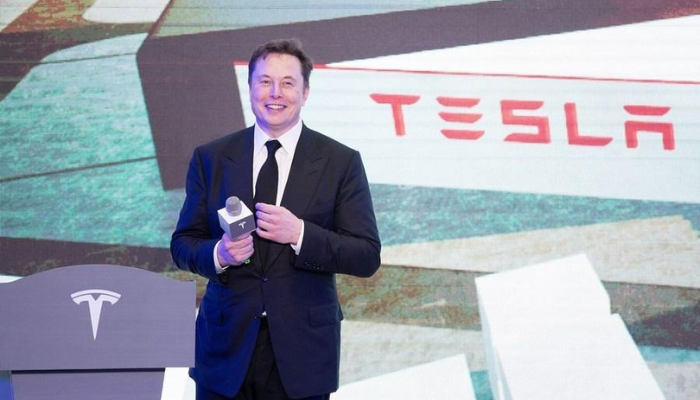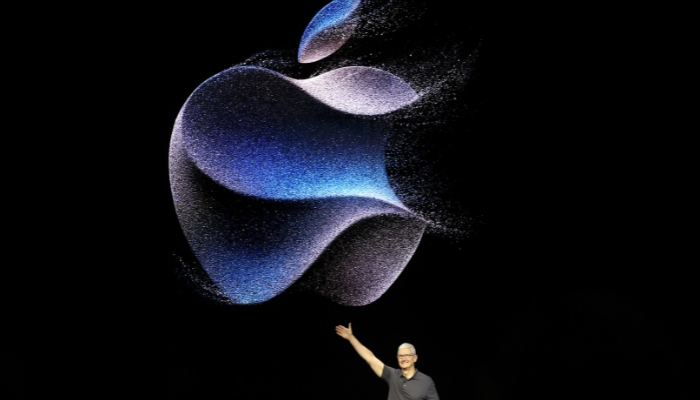
Last updated on March 23rd, 2024 at 07:29 am
Musk expresses discomfort with Tesla’s AI and robotics leadership role without 25% voting control
Elon Musk, the CEO of Tesla, expressed discomfort with expanding the automaker to lead in artificial intelligence and robotics without holding at least 25% voting control of the company, nearly double his current stake.
In a post on the social media platform X, formerly Twitter, Musk stated on Monday that he would prefer to develop products outside of Tesla unless he received stock in the world’s most valuable automaker that provided “enough to be influential, but not so much that I can’t be overturned.”
Despite Musk’s long-standing promotion of Tesla’s partially automated “full self-driving” software and humanoid robots, the company primarily generates revenue from its automotive business.
Some analysts have also identified the technologies, including Tesla’s Dojo supercomputer for AI model training, as key factors in the EV maker’s valuation. Morgan Stanley analyst Adam Jonas suggested in September that Dojo could increase Tesla’s market value by nearly $600 billion.
Following Musk’s remarks, Tesla’s shares dropped approximately 2% in pre-market trading on Tuesday.
Musk, currently the world’s wealthiest individual, owns roughly 13% of Tesla stock. He sold billions of dollars’ worth of shares in 2022, partly to fund his $44 billion acquisition of Twitter.
In a separate X post, Musk mentioned being open to a dual-class share structure to attain his 25% voting control goal. However, he was informed that this was unattainable after Tesla’s initial public offering.
“It’s strange that a complex multi-class share structure like Meta’s, which grants control to the next 20+ generations of Zuckerbergs, is acceptable pre-IPO, but a reasonable dual-class structure is not permitted post-IPO,” he remarked, referring to the founder of Meta’s parent company, Mark Zuckerberg.
Companies with dual-class structures issue two or more types of shares with differing voting rights, typically one with greater voting rights for founders or early investors and another for other shareholders with lesser voting power.
Tesla did not immediately respond to a request for comment.
Musk is currently embroiled in a lawsuit over his compensation package. In 2018, Tesla shareholder Richard Tornetta sued Musk and the board, aiming to demonstrate that the co-founder leveraged his influence over Tesla’s board to secure an oversized compensation package that did not necessitate full-time work at the EV manufacturer.
Musk stated on X that there was no “feud” with the board regarding his new compensation package and indicated that the pending verdict was impeding discussions.





